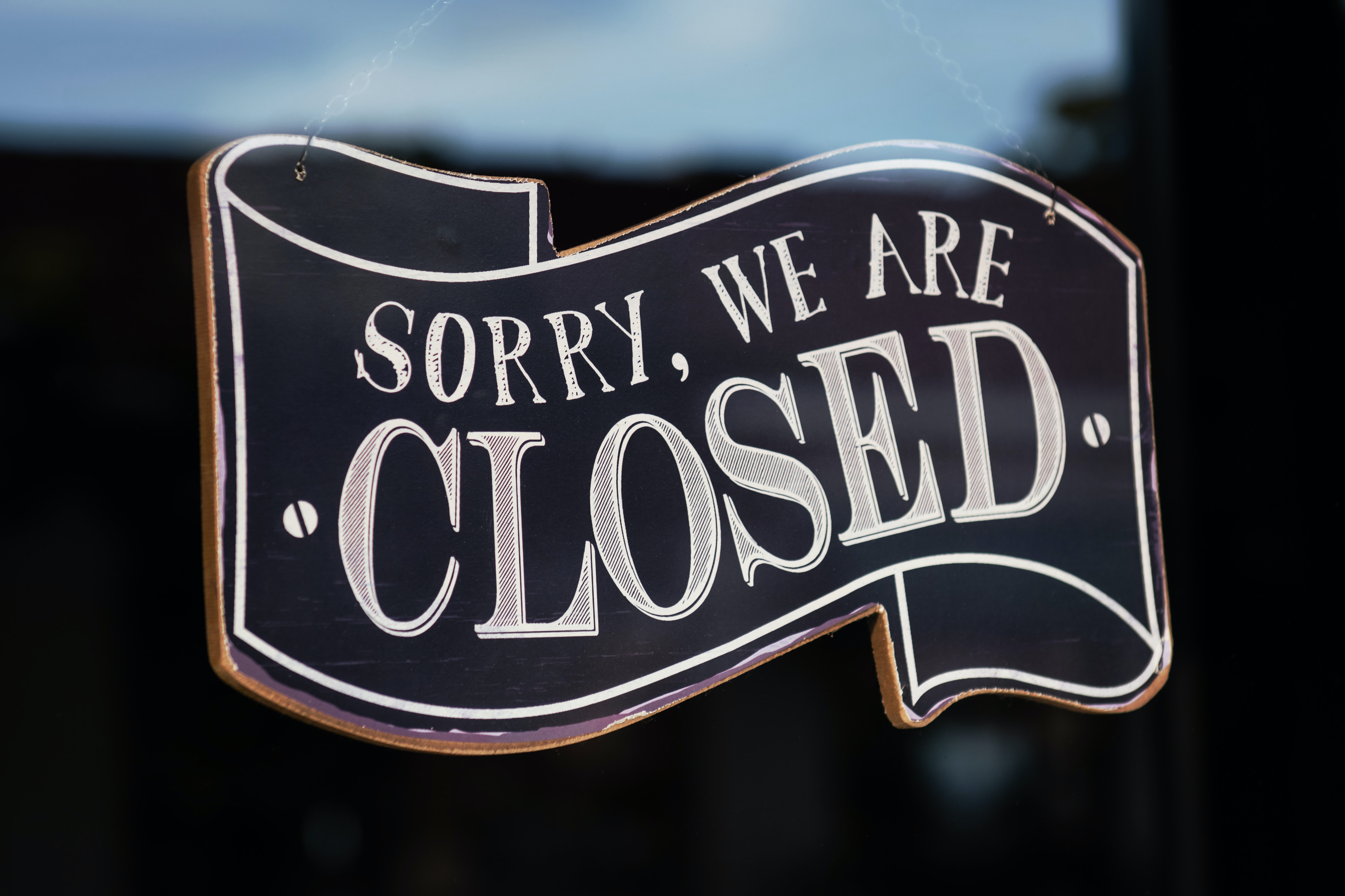Think again.
To say that times are tough for businesses is an understatement. While some businesses are flourishing as a result of the government-enforced restrictions due to the global pandemic, many are burning through their reserves and struggling to stay afloat. In addition to furloughing staff and applying for the various relief, grants and loans set up to help tide businesses over, reducing outgoings and other expenditures, for example rent or mortgage payments on your business property, can make a big difference to whether you remain solvent.
Protection under the Coronavirus Act 2020
Section 82 of the government’s Coronavirus Act 2020 protects business tenants who are no longer in a position to pay rent or make mortgage repayments from being evicted or pursued for non-payment while the country is on lockdown. The Act bans the forfeiture of commercial leases for non-payment until 30 June 2020. Sounds great, right? After all, why should you be paying for it if you aren’t even allowed to use it? You can simply stop paying your rent or cancel your mortgage repayments and no one can do a thing about it.
Not exactly. Some landlords have been understanding and have gone out of their way to support their tenants in this difficult time, however many have not been quite so compassionate and have pursued other legal avenues to recover monies they feel are still owed to them. While you may think to yourself, ‘They can’t do that!’, the truth is, they can and some will.
However, be aware. Landlords can still force tenants to pay rent through actions such as:
- Commercial Rent Arrears Recovery (CRAR) – a statutory procedure which means landlords can seize your goods and sell them to recover rent payments.
- Making a claim for debt – your landlord can apply to a county court to claim monies owed.
- Issuing a statutory demand – a written warning which could result in bankruptcy or liquidation (for Limited companies) if you do not pay your debt or come to another agreeable arrangement.
What next?
Speak with your landlord
Be clear about your present situation and see if you can come to an agreement that works for both of you. It is in your landlord’s best interests to keep you as a tenant so they will be open to working something out. Be sure you get any agreements in writing.
Speak to a professional
If your landlord chooses to take action against you, you could legally be forced to close your business in a very short timeframe. There are different rules for limited business and those who are self-employed so it’s important to seek professional advice early to ensure your know your rights and are able to protect yourself and your business. We offer a free, confidential, no-obligation consultation to give you the support and advice you need. Get in touch on 01823 216156 or at info@theinsolvencycompany.co.uk.

